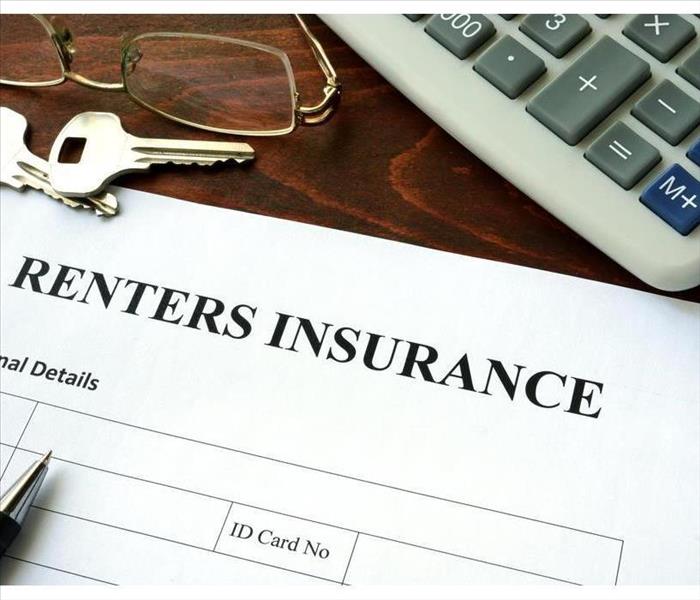Knowing How Your Renters Insurance Policy Covers You
11/18/2022 (Permalink)
Per a lease agreement, your landlord or property owner provides a place for you to live based on you making regular payments to cover your monthly rent. Typically, property owners carry homeowner’s insurance to cover damages from certain perils, such as fire, theft, and natural disasters. If you experience a fire at your apartment or rental home in Chandler, AZ, the landlord’s insurance doesn’t cover your belongings, which is why you need renters insurance.
Understanding Your Renter's Insurance Policy
Here’s what you can expect your renter's coverage to include:
Personal belongings: You’re covered for items that are lost due to a fire, but pay close attention to the language used. Your plan should offer the replacement value for your belongings, as opposed to the actual cash value. If you had to replace an old television, the actual cash value would be significantly less than the cost to replace it.
Liability: If you started the fire, generally your plan covers any fire damage to third parties, including personal injury or destruction of property.
Medical bills: Your policy should include some coverage for injuries to others due to fire.
Loss of use: Your unit may not be inhabitable after a fire. “Loss of use” coverage can help pay for temporary relocation and other expenses.
The property owner’s policy generally only covers damage to the building. You should also confirm that your renter's policy covers fire-related losses such as smoke or soot damage.
Knowing When You’re Not Covered
Renter's insurance generally applies to accidental fires. If you started a fire on purpose, you won’t be covered. Be aware that if a fire you started accidentally destroys the building structure, your landlord’s insurer may come after you for losses. In that case, your renter's policy could help cover those costs. Fire restoration by a professional remediation company may be covered by a landlord.
Tenants should have a renters policy to protect their items and liability for starting a fire. It’s important to know what is and isn’t covered before you find yourself in an emergency situation. This is part of being a responsible tenant.


 24/7 Emergency Service
24/7 Emergency Service
